III International Scientific and Practical Conference “Residency in Family Medicine: achievements, problems and prospects”
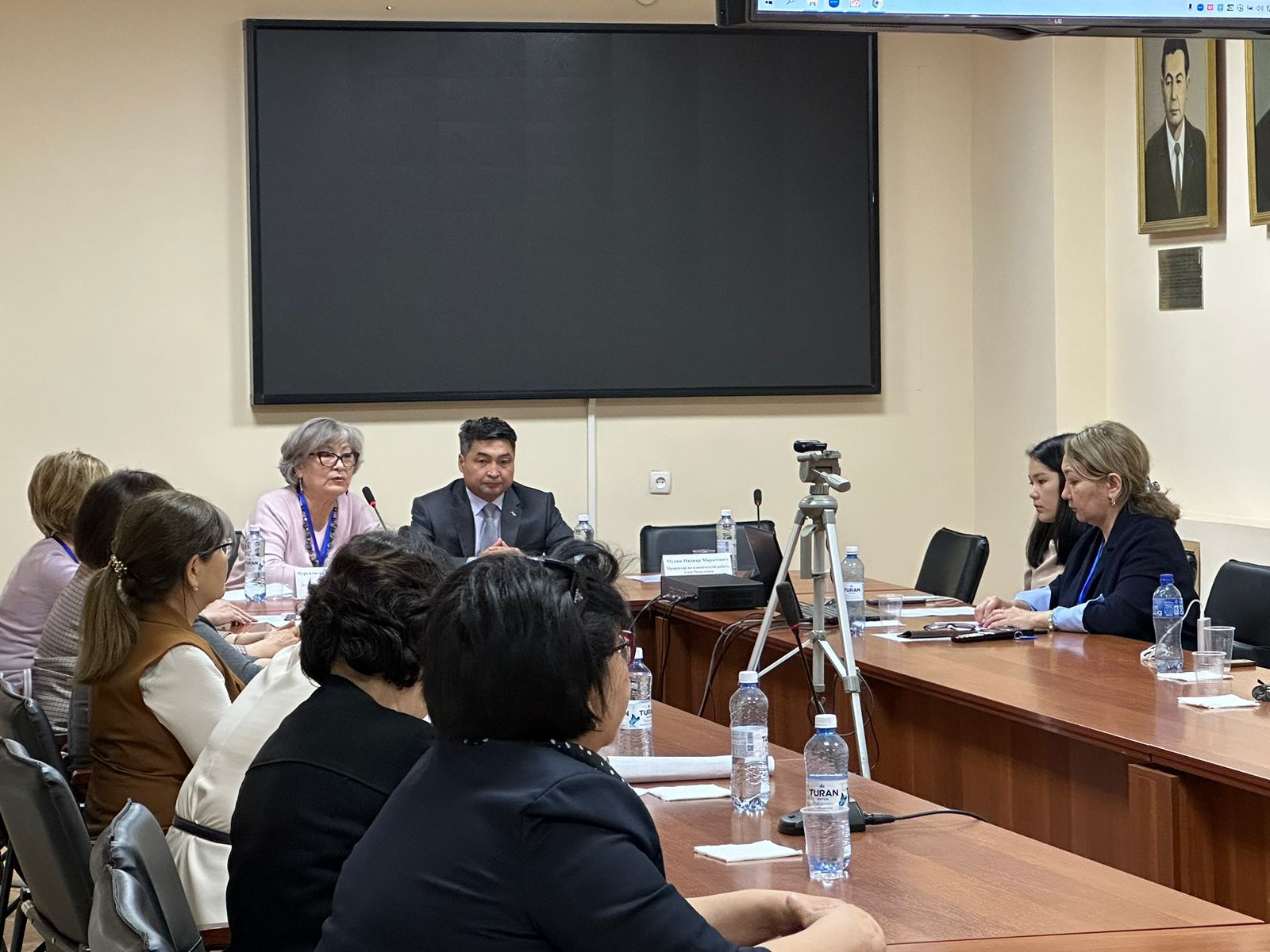
RESOLUTIO
III International Scientific and Practical Conference “Residency in Family Medicine: achievements, problems and prospects” was held on May 18-19, 2023 in Aktobe at the West Kazakhstan Marat Ospanov Medical University.
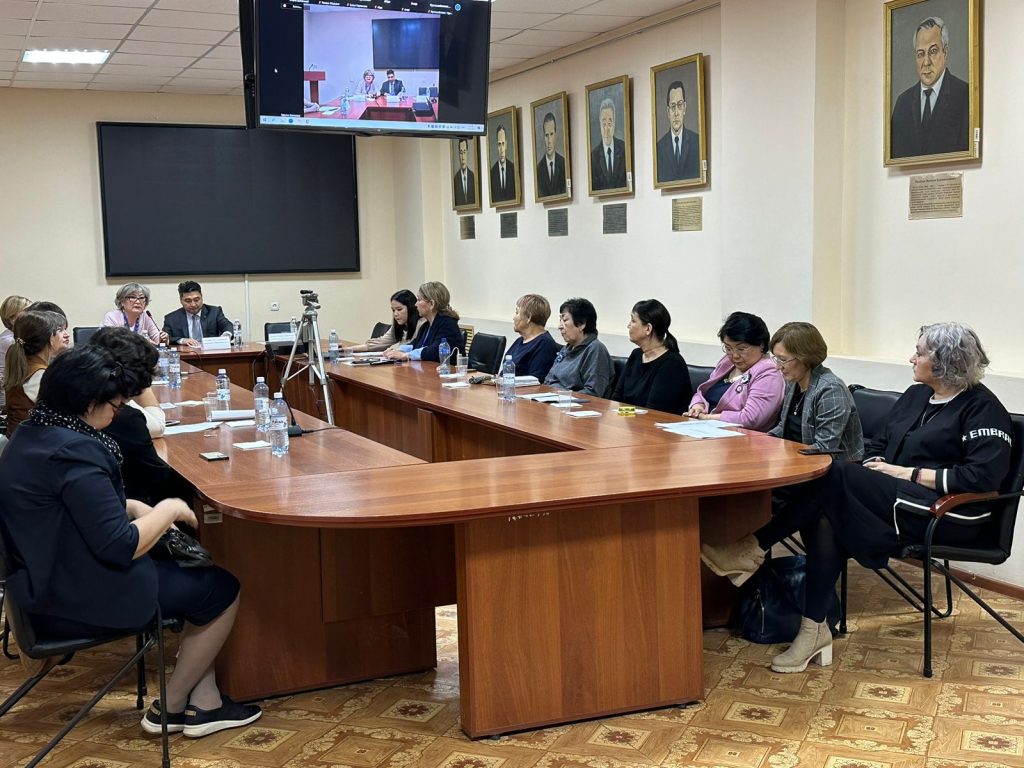
Within the framework of the Conference, Competition of scientific projects for students, Drug congress “Rational approach to treatment in the practice of a family doctor”, Sections “Family medicine: prospects for development” and “Psychological and social support in primary medical and social care”, Workshops “Writing a scientific abstract: conference and full-text article”, “Errors of antibacterial therapy and their consequences” were held. More than 45 reports and speeches were conducted.
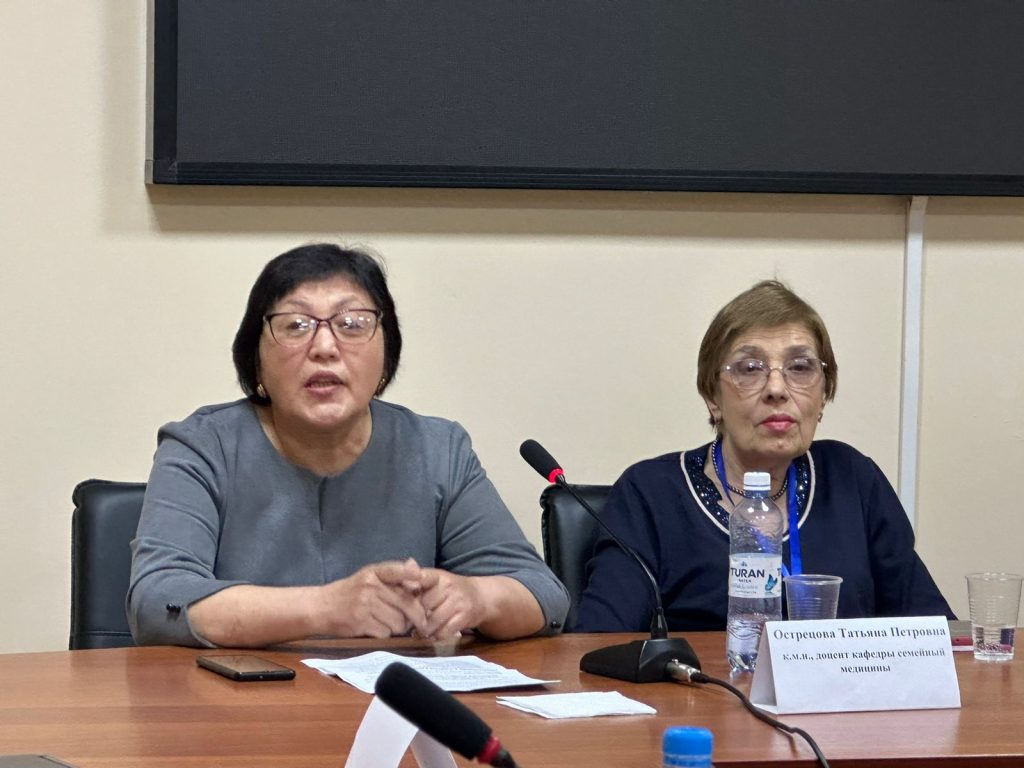
The Conference participants believe that it is necessary:
– to pay more attention to and address the rational use of medicines not only among residents, but also among doctors of clinical bases, clinical assistants in the process of training family doctors in residency and in conducting scientific research. To date, the theory is at odds with practice, where the rights of citizens to receive effective and safe medical drugs are often violated;
– to create diagnostic and treatment protocols for family doctors, where their competencies are taken into account, as well as the principles and values of Family Medicine, evidence-based medicine, not only in relation to medicines, but also non-drug, diagnostic, and preventive interventions. At the moment, many protocols (experts use protocols not as recommendations, but as mandatory for the implementation of the Regulatory legal acts) require consultations of narrow specialists, which hinders the development of skills and experience of family doctors, reduce confidence in them, form a stable view of patients and narrow specialists about family doctors as “dispatchers”;
– to strengthen and increase the PHC teams for the high-quality performance of all tasks assigned to the primary link. We believe that three nurses per site is not enough, especially since not all sites are 100% staffed. In addition, the level of competence and the number of social workers and psychologists working in PHC today are not sufficient, they do not perform their functions properly. We consider it reasonable to introduce such specialists as a “doctor’s assistant”, which will allow nurses to be transferred to an independent appointment or give them independent functions, and doctor’s assistants will help doctors in routine processes. In this case, “unloaded” doctors can be expected to read modern scientific literature, reflect, and demonstrate professionalism;
– to develop mechanisms for supporting and recognizing persons engaged in informal (related) care for serious patients as key figures in the long-term care system, including from the point of view of cost effectiveness, and to work out issues of providing cash payments and/or certain benefits as a type of material return from their activitie
– to integrate palliative care issues into programs in all clinical disciplines for more stable knowledge and skills among students, create volunteer movements among students to help patients at home and conduct information work among the population about the possibilities of receiving palliative care and the need for business structures and society as a whole to support patients, their families and organizations, providing palliative care. The proposal is due to the fact that currently palliative care at the outpatient level for patients with oncological and non-oncological profile is not systemic. Medical (clinical) workers, as well as public health specialists, do not possess sufficient knowledge and skills in the organization of home care, diagnosis and relief of chronic pain syndrome and other painful symptoms, registration of documents for Medical-social expertise, social and psychological support of patients and their family members;
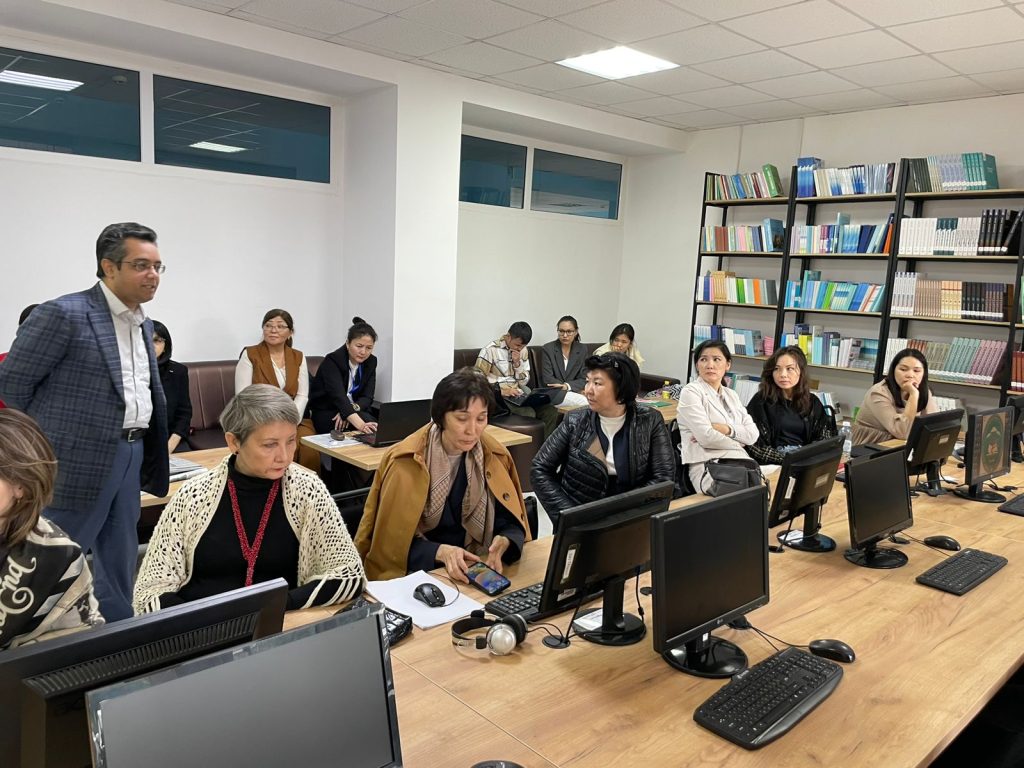
– to continue promoting the philosophy and principles of Family Medicine, starting from the first courses of medical education, integrating as much as possible with general education and basic disciplines, e.g., in such issues as attitudes to life and death (Philosophy), the impact on human behavior and communities (Sociology, Psychology).
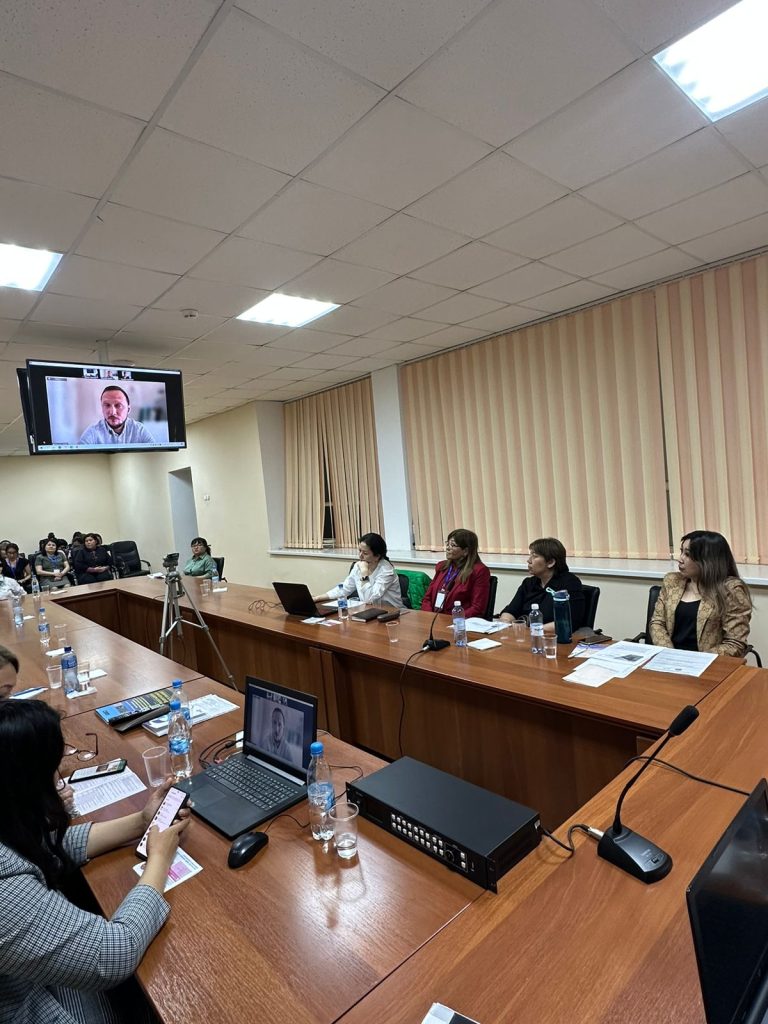
The conference participants thank the administration of the West Kazakhstan Marat Ospanov Medical University for the opportunity to hold the conference.



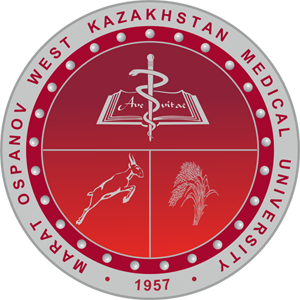 Marat Ospanov West Kazakhstan Medical University
Marat Ospanov West Kazakhstan Medical University




